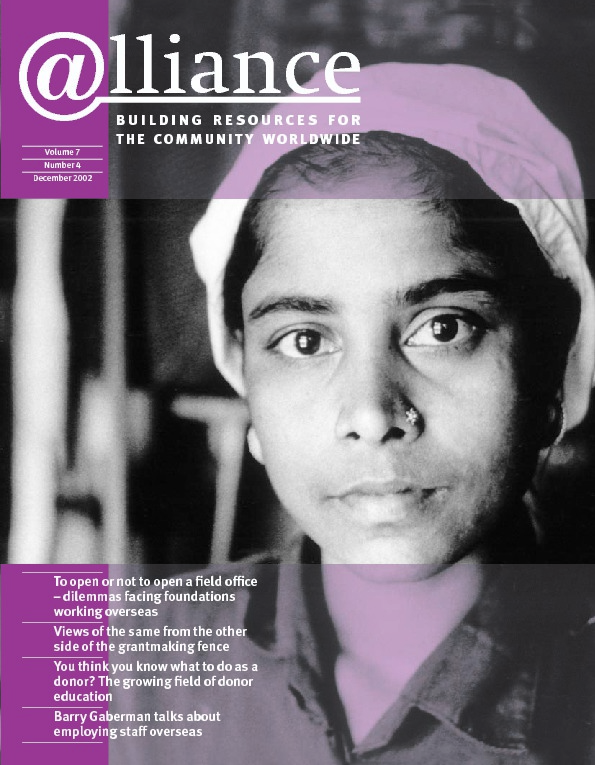There are only a handful of books in the burgeoning management literature that genuinely cut across business, non-profit and government sectors to offer insights and advice significant to all three, whether they sit in developing or developed country settings. Beyond Work-Family Balance is such a book, and much more.
The central thesis, and indeed the entire span of the book, is deceptively simple: by addressing the ‘dual agenda’ of gender equity and workplace performance, organizations can make advances simultaneously in both. Based on nearly 20 years of workplace interventions in every type of organization (eg manufacturers, financial companies, foundations, research institutes), the authors illustrate their simple and detailed methods with real-life examples of organizations that opened up to diverse options to enable both women and men to work more creatively, more independently and more productively.
The argument of the book is so clear and convincing that it begs the question: why is this not more commonly recognized and practised? There seem to be two answers, one simple and one complex. The simple answer is that the authors are gifted communicators. Grounded in long experience in action research-therapeutic modes of two-way communication, they are world-class listeners. That quality of active listening and feeding back drips from every page and makes the reading of it a sheer delight.
The complex reason is that despite the clarity of the method and power of the insights that are communicated, I suspect that tackling the dual agenda is exceptionally hard to do. The method involves a gentle but relentless process of identifying, probing and gradually remoulding the assumptions about gender that define organizational culture. As these assumptions lie near the core of our social identities – for example, the man as the heroic worker who ‘does whatever it takes to get the job done’ – having them probed and publicized is anything but comfortable.
Using a method that they call Collaborative Interactive Action Research (CIAR), which the authors developed in the 1990s with Ford Foundation support, they discovered that hidden assumptions about the ‘ideal worker’ inhibit performance by constraining the formation of new connections, new ways of working. They also found that by inviting employees to bring their personal concerns to bear, new levels of energy and motivation were unleashed. With a large body of case evidence, they argue strongly that accommodating personal concerns through structural reforms in the workplace can and does lead to performance and productivity gains. If this sounds like it is too good to be true, a reading through the second part of the book, which is a detailed guide to doing CIAR, grounds the authors’ claims in painstaking practitioner detail. Tackling the dual agenda requires commitment, craft and grit. It is not for the faint of heart.
For those who may think that the preoccupations of this book are first world (and the authors admit that their cases all come from first world-based organizations), the authors make a fascinating point about the opportunity and the danger in workplaces as formers of culture and crucibles for change. ‘The Western model of individual success – with its emphasis on paid work as one’s primary source of self-esteem – is being exported to the rest of the world at an alarming pace… Our vision of gender equity means undoing the separation between public and private spheres that characterizes the Western industrial world.’ (pp38-39)
Any worker interested in moving ‘beyond’ the balancing act of personal life and work must read this important book.
Beyond Work-Family Balance: Advancing gender equity and workplace performance
Rhona Rapoport et al Jossey-Bass $29.95
To order visit the website at http://www.josseybass.com/cda/product/0,,0787957305,00.html
David Bonbright is Director, NGO Enhancement Programme, at the Aga Khan Foundation. He can be contacted at David.bonbright@Akdn.ch


Comments (0)